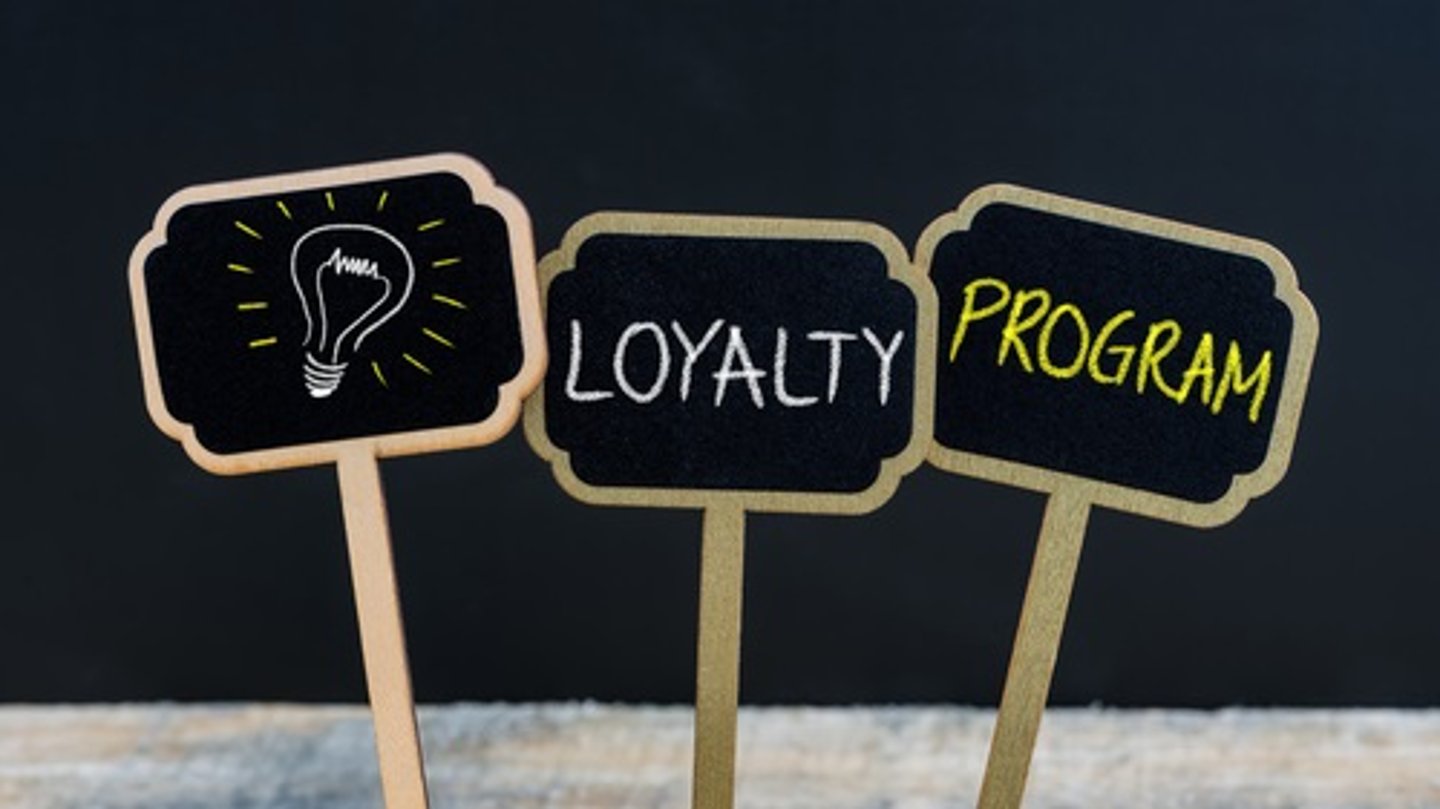STUDY: US Consumers Demand More as Brand Loyalty Declines
The shifting tides of the US economy, the dynamic digital retail landscape and evolving consumer preferences are triggering seismic changes in brand loyalty. SAP Emarsys – a global provider of in customer engagement for companies such as Gibson, Puma and Pizza Hut – unveiled its findings from the 2023 Customer Loyalty Index, a comprehensive study surveying more than 10,000 individuals worldwide, with over 4,000 in the US. The report provides an in-depth perspective on how consumers are engaging with brands and their ever-evolving patterns of loyalty.
In a year marked by global loyalty erosion, the US experienced a 14% decline in customer loyalty, that is those who are loyal to one brand or more, plunging from 79% in 2022 to 68% in 2023.
- When asked what they really want from loyalty programs, 78% percent of hospitality customers surveyed want discounts, according to HTs 12th annual 2023 Customer Engagement Technology Study.
Among the five loyalty types defined by the SAP Emarsys Customer Loyalty Index, for the third year in a row, the majority (49%) of consumers fall under incentivized loyalty. However, incentivized loyalty, has plummeted 36% from 76% to 49%.
Brand Loyalty's Evolution
The decline in those attracted by incentivized loyalty in 2023, may seem contradictory, but incentivized loyalty depends on the suspension of normal prices. Incentivized loyalty is fleeting, and while 49% of Americans expect regular discounts, loyalty points and incentives, 59% of consumers would also typically switch products if a cheaper option were available, making cost the top reason a shopper would leave a brand.
This represents a huge opportunity for brands. It is imperative retailers show customers they ‘get’ them because even when inactive, consumers could return to a brand once they can afford to do so, as 18% agree that they no longer feel they can afford to be loyal. Showing a growing trust in AI, 22% of American shoppers have become more loyal to brands offering the best personalized deals in the past 12 months.
Rewarding Loyalty: A Key Imperative
In today's loyalty landscape, US consumers now demand tangible rewards for their allegiance. Discounts and deals work best when tailored to the individual, as 50% of respondents believe that having a loyalty card or account significantly influences their spending with a brand. Furthermore, 43% of US respondents anticipate better prices as loyal customers, while 46% expect their loyalty to be rewarded by exclusive offers.
Additionally, 18% have signed up for or started using more loyalty schemes to ensure they receive the best value from brands. Despite the popularity of deals, a loyalty card offering VIP experiences is of higher value for some customers. The flexibility offered by a loyalty card is great news for retailers eager to prioritize customer lifetime value through products such as a mobile wallet that offers customers a convenient way to receive personalized deals.
These results emphasize the need to embrace omnichannel personalization, harness customer experience technologies, and leverage data-driven insights as prerequisites to maintain a competitive edge.
Personalization and Quality Are Key
US consumers insist on personalized, positive shopping experiences, with 52% switching brands due to unfavorable encounters, an increase from 48% in 2022.
Retailers excelling in customer service (52%), offering discounts, incentives, and rewards (49%), and providing diverse options for benefiting from such rewards (39%) are more likely to retain loyal customers, representing a unique opportunity for brands to rekindle and nurture loyalty among US consumers.
Despite the significant decline in loyalty, the US still leads globally in retaining brand-loyal consumers, offering substantial opportunities for brands to earn and maintain the loyalty of American shoppers.
“Rather than being discouraged by this drop in customer loyalty, marketers should take full advantage of this opportunity to enhance their loyalty strategies and deliver exceptional customer experiences,” said Kelsey Jones, Global Head of Product Marketing, SAP Emarsys. “Consumers now expect their loyalty to be rewarded by personalized and value-adding experiences. Achieving this level of customer devotion is made possible with AI-driven technologies, empowering retail marketers to gain precise insights into customer preferences, so they can deliver perfectly timed and tailored experiences at every touchpoint.
“As consumers' loyalty types shift, it is imperative marketers adapt by understanding changing consumer behaviors and leverage all available tools and data to attain and retain true customer loyalty. This will require personalized offers, exceptional customer experiences, and a deep understanding of consumer preferences."
Erin Raese, Global SVP, Growth & Strategy from SAP Emarsys Partner Annex Cloud said, "In today's Loyalty Landslide, where brand loyalty faces unprecedented challenges, the value of true customer loyalty cannot be overstated. SAP Emarsys and Annex Cloud understand the importance of retaining customers who are not just incentivized but deeply connected to a brand – true loyalty. Our partnership isn't just about technology; it's about fostering the kind of loyalty that transcends discounts and incentives.
“Loyalty isn't just a metric; it's the foundation of a brand's success. We work together to empower businesses with the insights and tools they need to connect with customers on a personal level, to make them feel valued and heard. In this dynamic digital retail landscape, we aim to help brands build lasting relationships with their customers, ensuring they are rewarded with tailored, value-adding experiences at every touchpoint. True customer loyalty is not just a goal; it's the path to sustainable success in an ever-changing market."
For more information on the SAP Emarsys Customer Loyalty Index 2023, download the e-book here.
*Research conducted between August 17-23, 2023, on 10,057 general respondents across the US, United Kingdom, Australia, and Germany.


